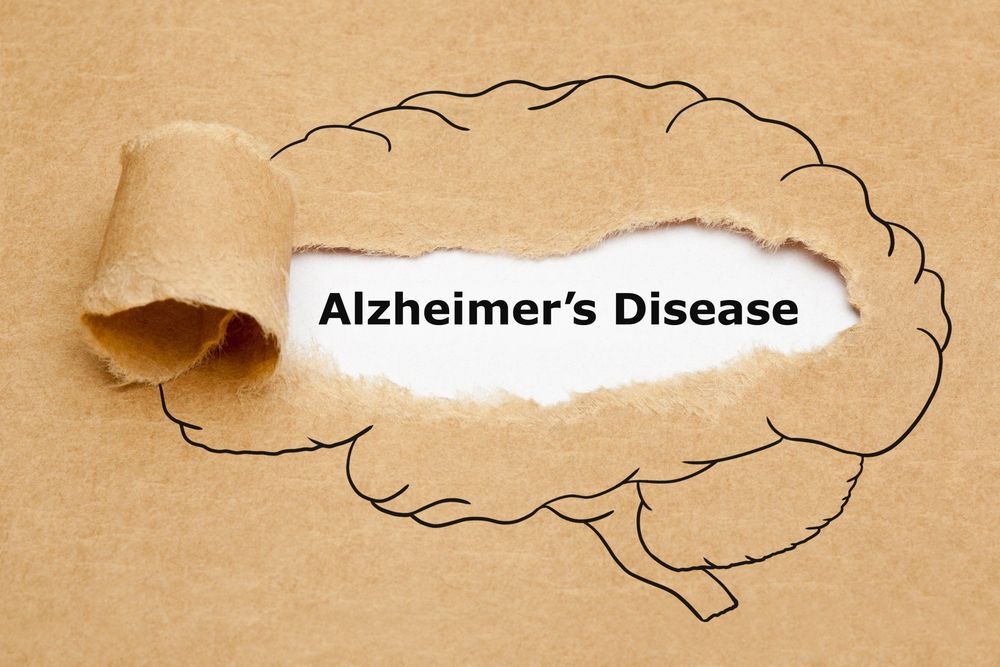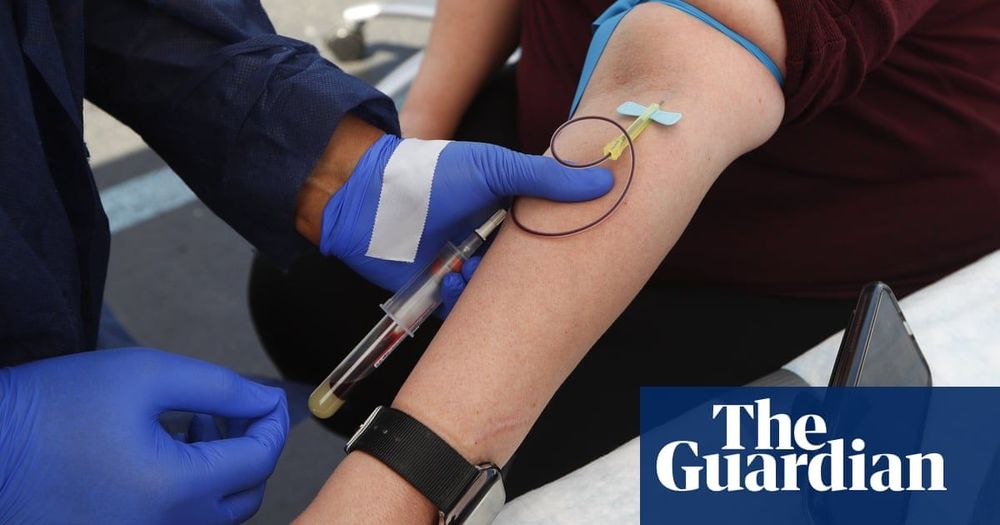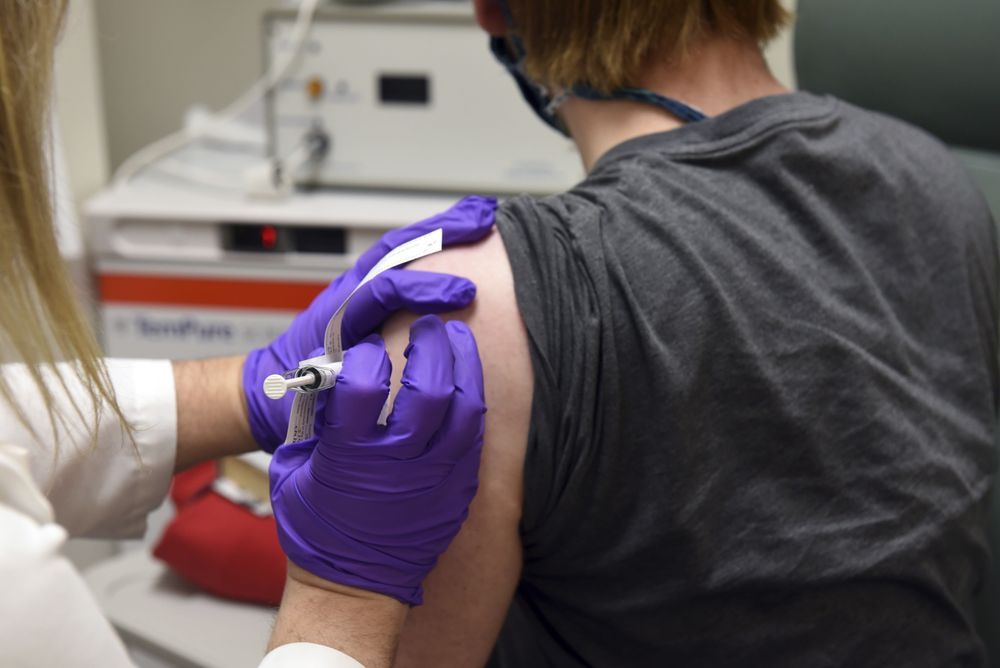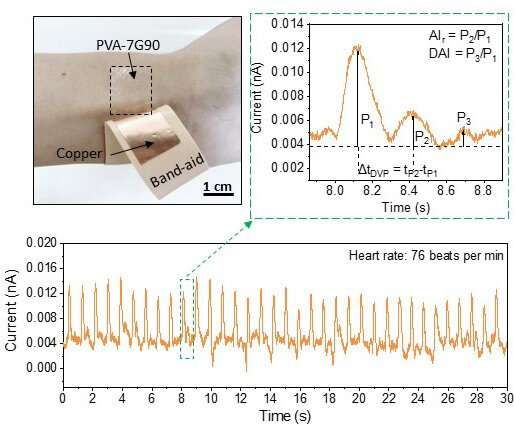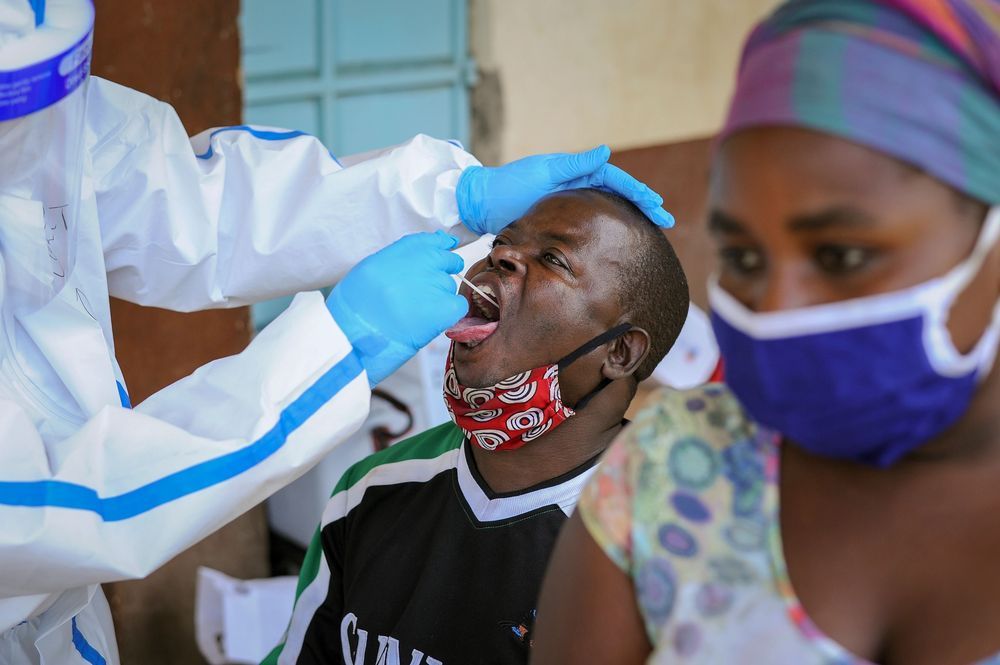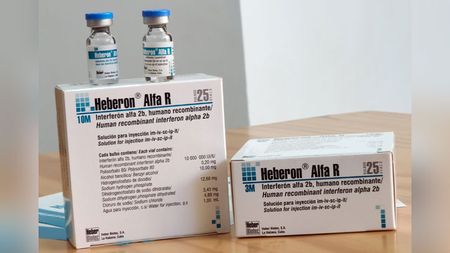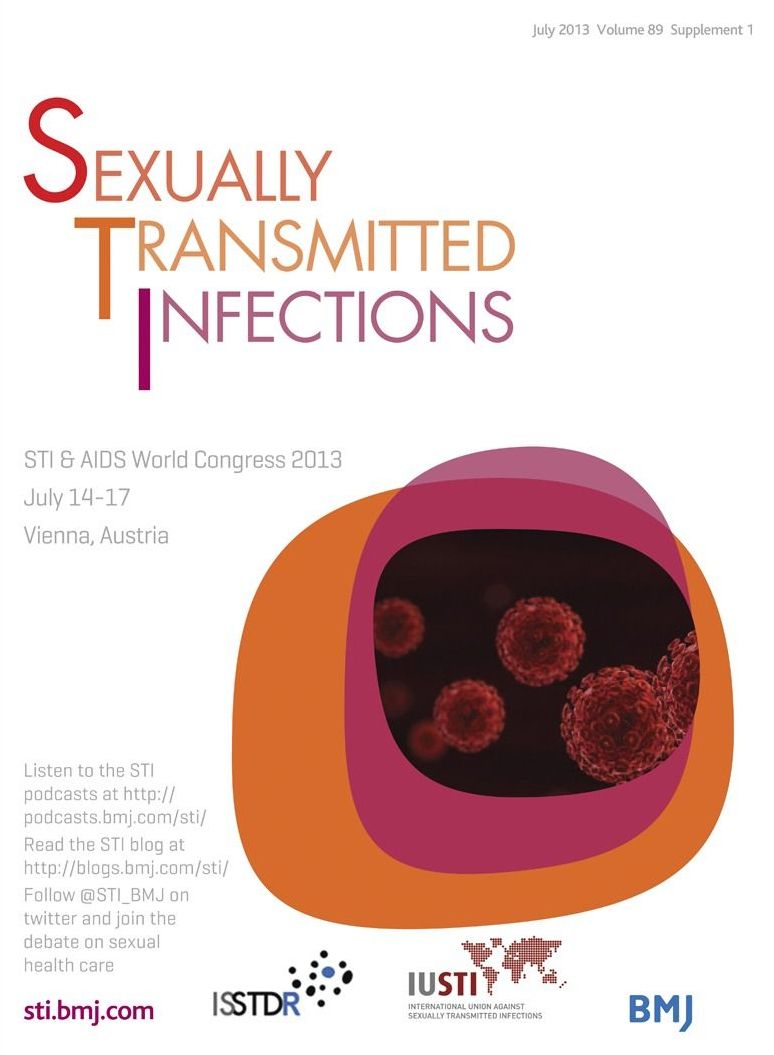
Did you know there was a natural treatment for herpes “that has no treatment”. People have been treating disease for centuries. Just because something is not approved does not mean it does not work, it only means it is not approved. Even corruption can stall the approval process.
TMR5 (ZedupexTM) is a product of a Kenyan medicinal plant, prepared as a lyophilized extract and a cream. The products have been evaluated for preclinical safety and efficacy in suitable in vitro and in vivo systems of herpes infections. Herpes is a viral infection affecting over 60% of the sub-Saharan Africa young adult population. It is caused by two similar viruses, HSV-1 and HSV-2 which share 50% gene sequence homology. The infection in a major cause of genital ulcer disease, associated with increased risks of HIV acquisition and transmission. The aim is to develop TMR5 as an alternative anti-herpes agent, this being necessitated by increased resistance to available drugs and the cost of the drug of choice, acyclovir, in the region. Using the trypan blue exclusion test, plaque inhibition and viral yield reduction assays for assessment of cytotoxicity (CC50) and efficacy (EC50), and Mice and guinea pig cutaneous and genital HSV infection models respectively following oral and topical treatments, TMR5 exhibited no cytotoxicity in mammalian cell lines with a wide therapeutic index (CC50 ≥ 58.5 ± 4.6µg/ml). An EC50 of ≤ 14.7 ± 3.7µg/ml for both wild type and resistant strains of HSV was realised in plaque and viral yield assays. Oral (250 mg/kg) and topical (10% cream) administrations exhibited significant delay in onset of infections, hindered progression of infection to lethal forms with increased mean survival times and low mortality in both mice and guinea pig models. No acute toxicity has been realised at the therapeutic concentrations. TMR5 has demonstrated a high potential as an anti-herpes agent and arrangements are presently underway to evaluate its efficacy and safety in human clinical trials. A pilot production scheme supported by the National Commission for Science, Technology and Innovation (NCSTI) of Kenya has been undertaken as means of developing TMR5 as an alternative management therapy for herpes infections.


